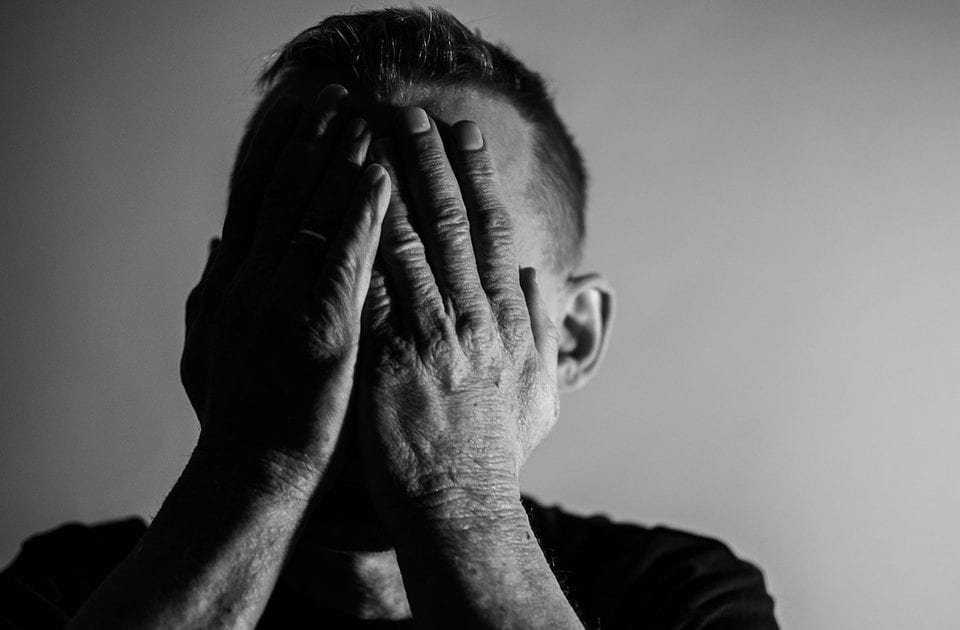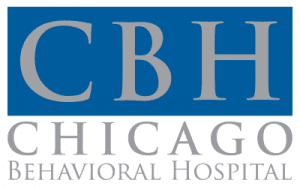Chicago Behavioral Hospital offers FREE Assessments 24/7, call us at
How to Identify Schizophrenia Symptoms & Mental Health Treatment Options Available
Are you concerned about schizophrenia symptoms in yourself or a loved one? This confusing disorder can wreak havoc on a person’s daily life. On average, men typically show signs of the condition in their early 20s, while for women, symptoms appear in their late 20s or early 30s. While there is no cure for this mental disorder, much can be done to manage the symptoms of schizophrenia. Learning about schizophrenia and how it’s treated can go a long way toward helping yourself or a loved one control symptoms and enjoy a higher quality of life.
Schizophrenia Symptoms
Like many other mental illnesses, schizophrenia includes a spectrum of related conditions, such as borderline schizophrenia, acute schizophrenia, and catatonic schizophrenia. To be diagnosed with the disorder, patients typically must experience at least two of the following symptoms for at least 6 months:
- Delusions are false beliefs that interfere with a person’s ability to concentrate and think clearly. People who are delusional cannot change their thinking even when presented with information that contradicts it.
- Hallucinations– hearing voices and seeing or smelling things that no one else can detect– seem like reality to the person experiencing them.
- Disorganized thinking makes it difficult to remember things. Anosognosia (lack of insight) is common, so people with schizophrenia are usually unaware they have it.
- Negative symptoms minimize an individual’s ability to function, causing them to appear emotionally disconnected and even to speak in a monotone voice. Negative symptoms, such as difficulty following through with activities or maintaining relationships, can be confused with clinical depression.
Schizophrenia Treatment
Intervening when someone is showing early symptoms of schizophrenia can make the disorder easier to control than when patients delay seeking professional help. Treatment consists of a combination of therapies centered around symptom-management. A healthcare provider will likely prescribe medication for a certain period of time, possibly for life. Individual psychotherapy helps people with schizophrenia learn more about their illness and how to distinguish disordered thinking from reality. Cognitive behavioral therapy (CBT) teaches patients how to change their thinking and effectively deal with delusions and hallucinations. Cognitive enhancement therapy (CET) helps people learn to recognize and manage triggers.

Comprehensive Schizophrenia Treatment
Chicago Behavioral Hospital provides a variety of mental health services for adults with schizophrenia and other disorders. If you or a loved one is in need of mental health care, please contact us at (844) 756-8600.


